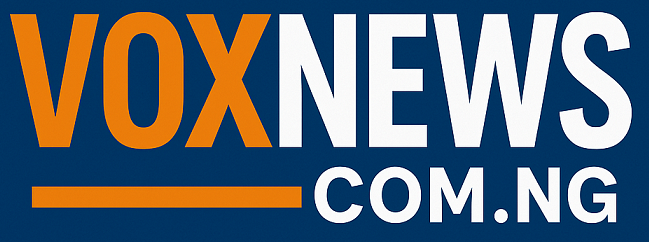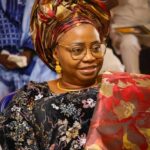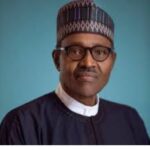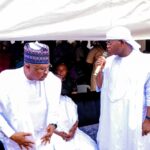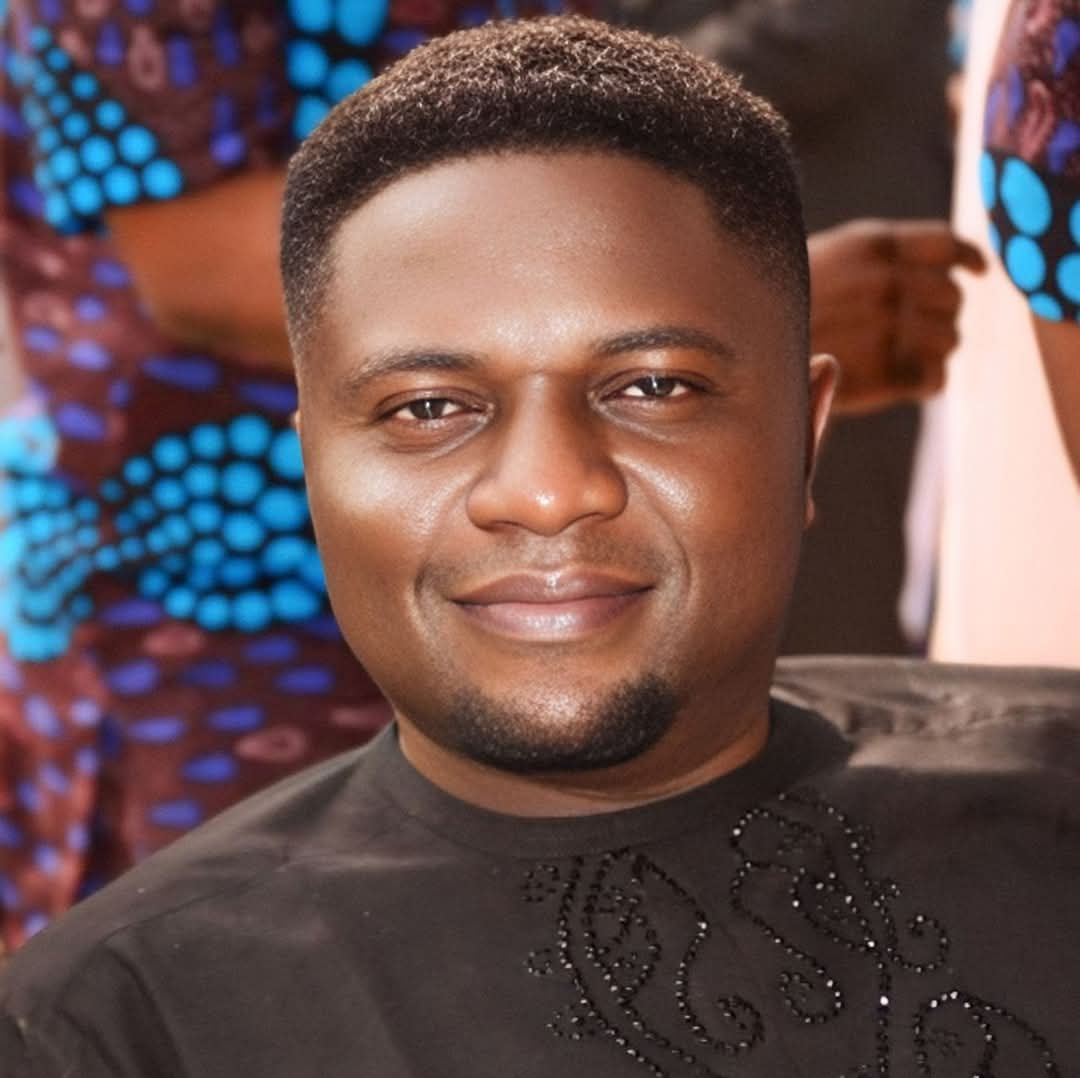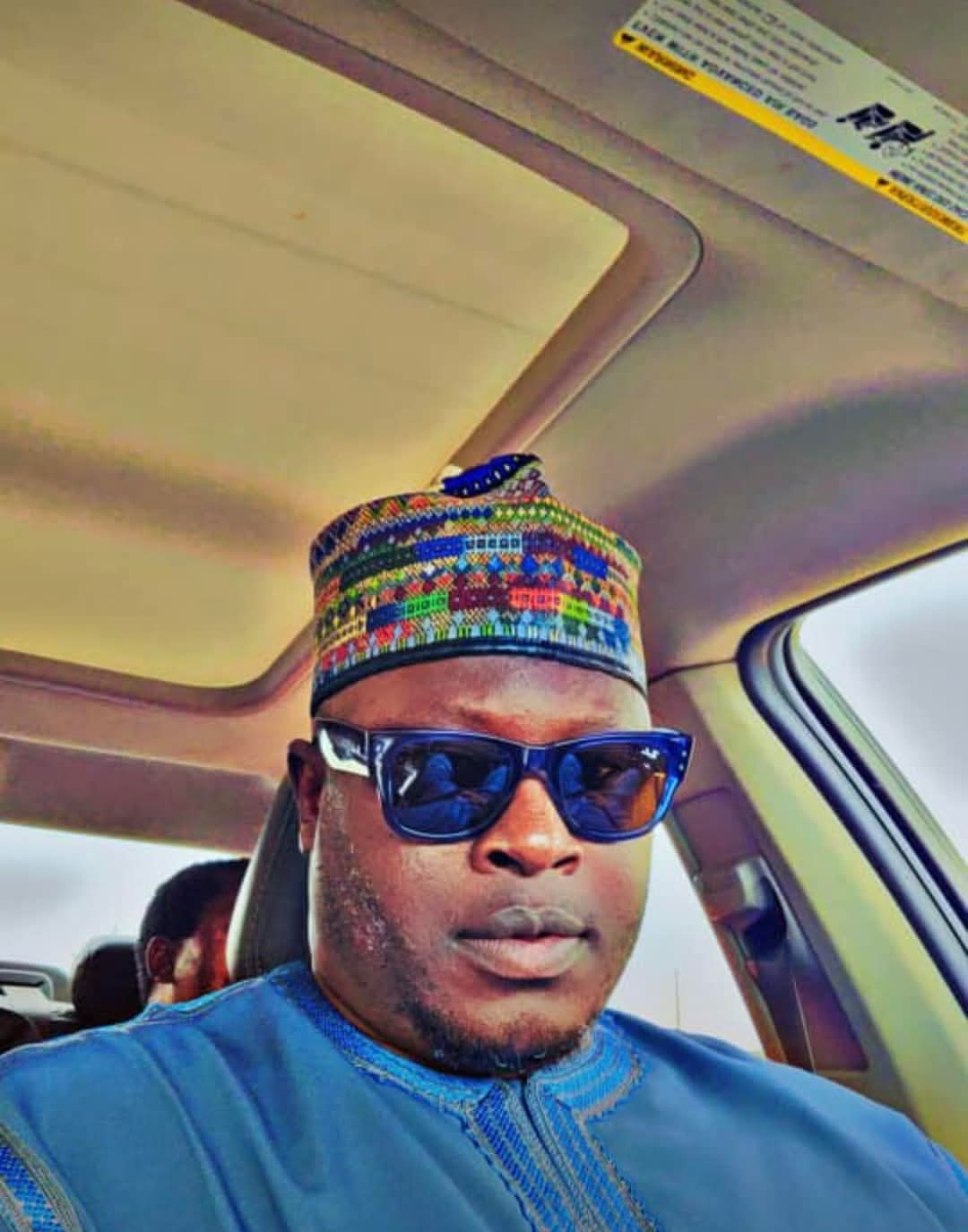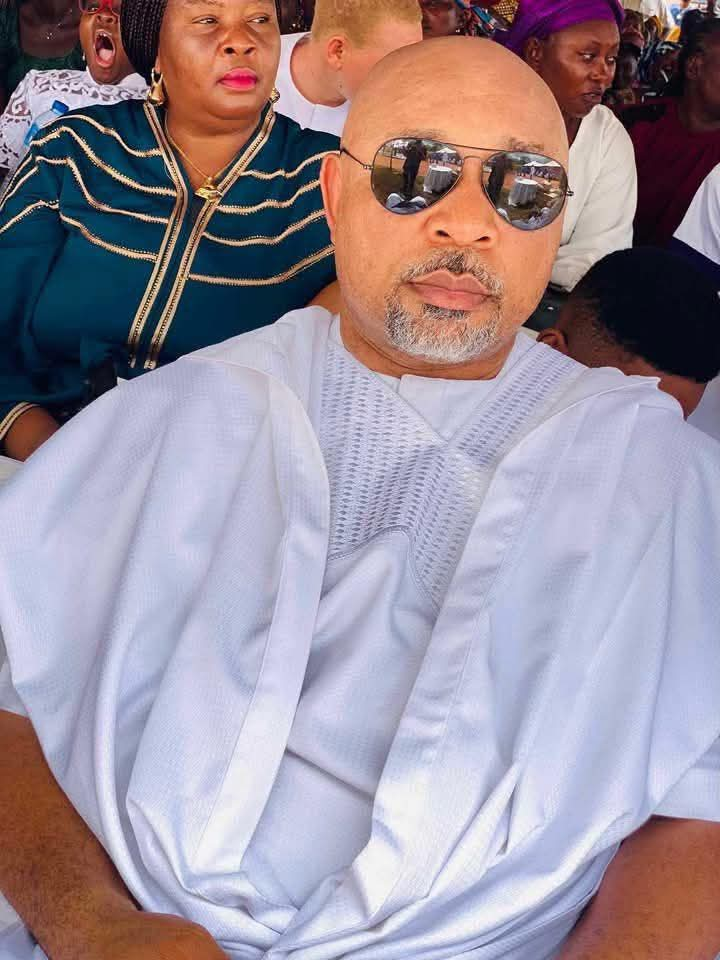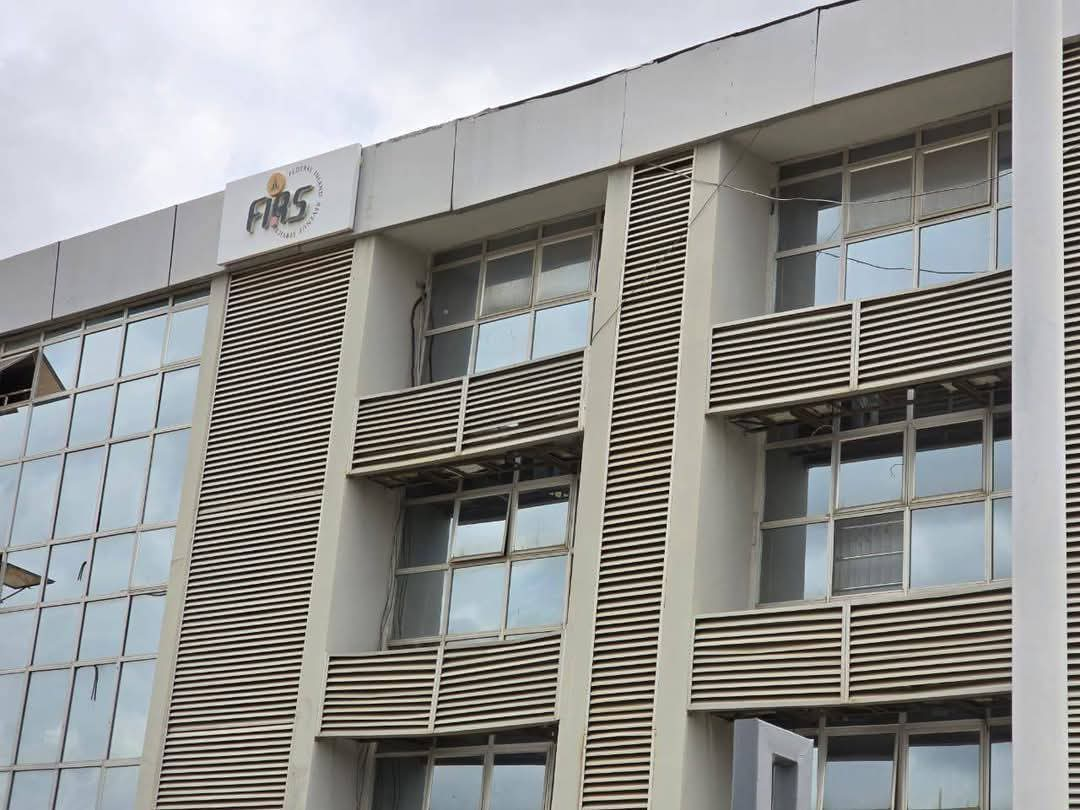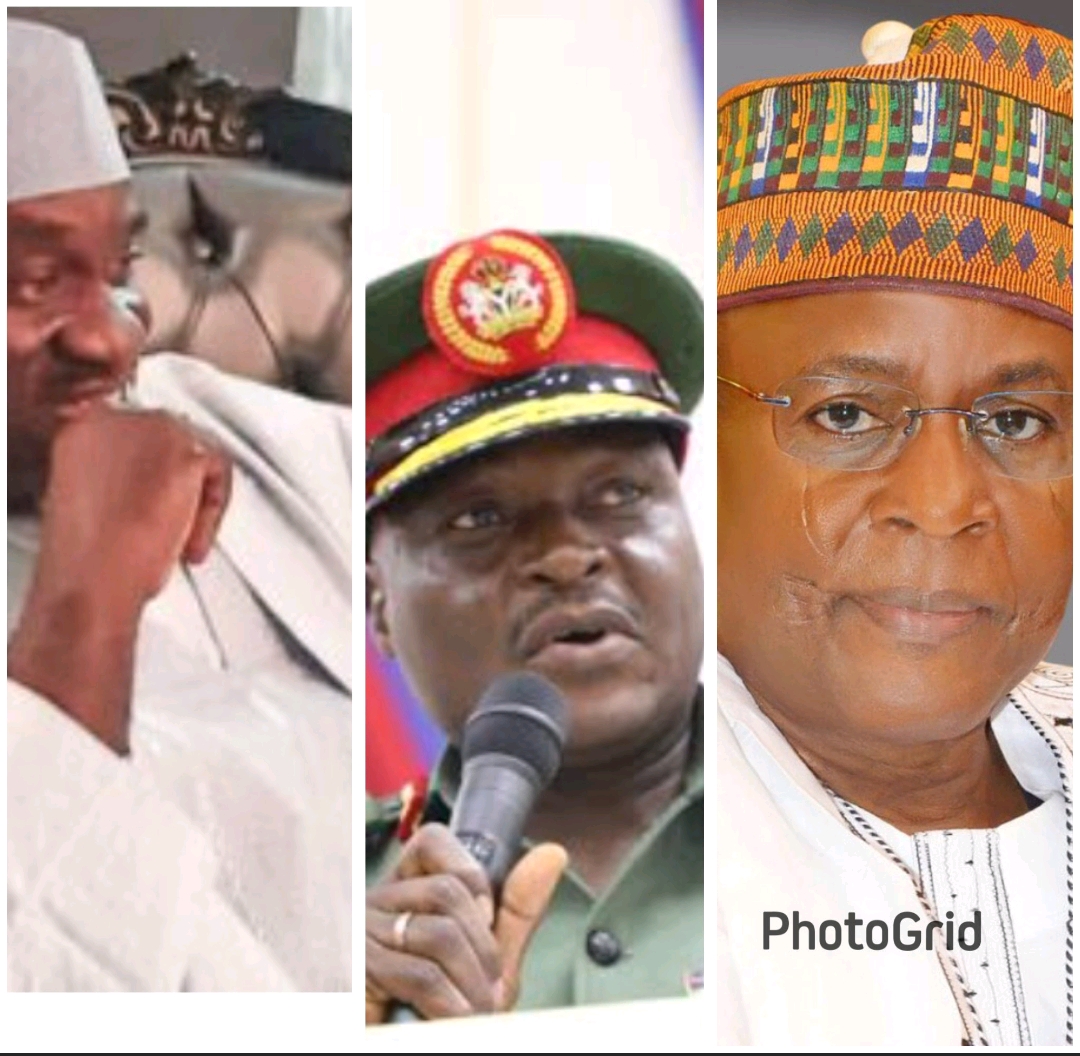By Christopher Sunday, Kogi State Polytechnic, Lokoja
Voxnew.com.ng
Politics, when examined through the lens of philosophy, is more than power or position—it is a contest over meaning, identity, and destiny. In Nigeria, politics is a high-stakes game of survival, often shaped by fear, loyalty, betrayal, and ambition. As the nation inches closer to 2027, the political climate suggests that Nigeria is preparing not just for another election but for a test of its national integrity, cohesion, and maturity.
The recent decisions by Governors Umo Eno of Akwa Ibom and Sheriff Oborevwori of Delta State to drift toward the All Progressives Congress (APC), abandoning the Peoples Democratic Party (PDP), have sent tremors across the country’s political landscape. Their moves signify more than individual realignment—they represent a broader regional shift in political allegiance and a brewing storm within Nigeria’s power structure. These defections symbolize a disintegrating loyalty to party ideology and a rising wave of strategic political migration rooted in personal and regional survival instincts.
Governor Umo Eno’s warning to his appointees—defect with me or resign—mirrors a deepening culture of executive dominance, where the line between party and state is dangerously blurred. His assertion that he would retain control over the PDP structure, even while aligning with the APC, reflects a disturbing paradox: Nigerian politicians no longer respect the boundary between party loyalty and personal ambition. The same can be said of Governor Oborevwori’s quiet but strategic alignment with the federal centre, signalling a political calculation that transcends ideology.
This new wave of realignments reflects a nation on the edge of political fragmentation. It is not merely about the South joining the APC—it is about a reconfiguration of alliances across both North and South. As regional leaders reposition themselves in anticipation of 2027, we are witnessing the early symptoms of a major political showdown that may pit the South against the North in a struggle for the soul of the nation. The question that arises is not just who will win but whether the country will survive the process intact.
Political defection in Nigeria is now more cultural than scandalous. The ideological vacuum at the centre of party politics has created a marketplace of loyalty where politicians shop for platforms, not principles. The loyalty of today is the betrayal of tomorrow. In such a climate, the political arena becomes a theatre of constant motion—unstable, unpredictable, and dangerous. As more governors and top officials align themselves with President Bola Ahmed Tinubu’s APC, the old opposition structure, especially the PDP, faces a slow and humiliating dismantling from within.
The defection of South-South governors also hints at deeper regional insecurities. The fear of marginalization, the desire for federal patronage, and the calculations for future survival are all driving forces behind these decisions. For many, aligning with the centre—no matter who controls it—is a way to protect regional interests in a federal system where power is dangerously centralized. Yet, this alignment comes at a cost: the erosion of democratic values, weakening of opposition voices, and the betrayal of the electorate who voted along different ideological lines.
The larger danger looming on the horizon is the intensification of North-South political rivalry. While the South appears to be collapsing into the APC fold, the North is quietly consolidating its influence, waiting to dictate the terms of 2027. If not carefully managed, this power tussle could reignite ethnic tensions, sharpen religious divides, and threaten the very unity that holds the federation together. In such a climate, the idea of a national interest is easily replaced by ethnic nationalism and regional paranoia.
Insecurity, already a national menace, may increase if political desperation drives factions to fund violence as a means of bargaining power. Desperate politicians may resort to arming thugs, buying loyalty through intimidation, and turning electoral contests into battlegrounds. The build-up to 2027 may not be remembered for its democratic vibrancy but for its descent into fear and disorder if institutional frameworks are not urgently strengthened.
The philosophy of politics teaches that where trust fails, power corrupts absolutely. In Nigeria, the betrayal of public trust has become a ritual. Political actors switch sides without consulting the people who elected them. Appointees are threatened into submission. Political parties are treated like private estates. When power is wielded without conscience, the state begins to rot from within. Trust becomes the first casualty. Without trust, governance becomes guesswork, and loyalty becomes transactional.
Already, political factions are multiplying within the same parties, with internal rebellions threatening to implode them. The PDP, once a stronghold in the South, now bleeds credibility as key figures defect or flirt with rival alliances. The APC, while growing stronger numerically, may find itself overwhelmed by internal contradictions as former enemies become allies. This fusion of conflicting interests will either produce a formidable bloc or a ticking time bomb.
Meanwhile, the average Nigerian watches in silence—worn down by hardship, betrayed by leadership, and uncertain about the future. Inflation bites, insecurity lingers, and unemployment continues to rise. The political elite appears more concerned with 2027 than with 2024 realities. If this disconnect persists, the streets may soon find their voice in protest, rebellion, or disillusionment.
The media, too, must tread carefully. As both watchdog and narrator, it must resist the temptation to be a megaphone for politicians. The framing of these political realignments must be based not just on headlines but on analysis. Citizens must be informed, not manipulated. Journalism must rise above sensationalism and serve as a pillar of democratic education in this critical time.
Nigeria’s youth, comprising over 60% of the population, remain the most powerful yet most ignored demographic. If galvanized, they could dictate the terms of 2027. But if divided along ethnic, religious, or ideological lines, they will once again become pawns in a game that decides their future without their consent. Youth consciousness must rise above emotion into strategic participation.
Civil society organizations, religious leaders, traditional institutions, and intellectuals must play their part. Silence in the face of political decay is complicity. Nigeria cannot be rescued by politicians alone. It must be rebuilt by collective action rooted in truth, sacrifice, and vision.
Finally, the 2027 election should not just be about who wins but about what kind of nation we want to become. Will we remain a fragile, fractured federation guided by ethnic suspicion and political opportunism? Or can we become a united, stable nation where leaders serve, institutions work, and the people thrive?
The battle for Nigeria’s soul is underway. It is a battle not of bullets, but of choices; not of violence, but of vision. Governors Umo Eno and Sheriff Oborevwori may symbolize a broader trend, but the responsibility for Nigeria’s survival rests on all of us. As we approach 2027, we must decide: are we building a nation or breaking one?
